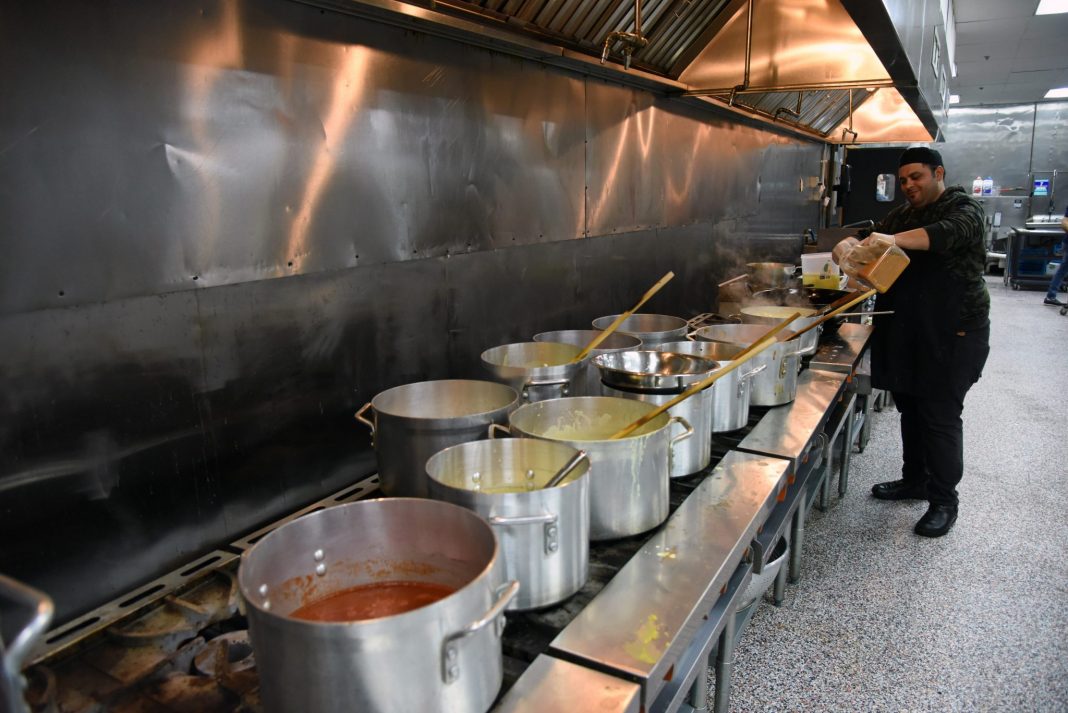On Sundays we like to range outside our usual coverage area and examine items of broader “edible and potable” interest.
The phrase “winners write the history books” may or may not have originated with Winston Churchill — or was it Napoleon? At any rate, if America is in fact currently engaged in a war against COVID-19, the ultimate calculation of winners and losers remains far in the future. We’re as yet very much in the middle of it.
Both Kentucky and Indiana have allowed restaurants to reopen, subject to numerous conditions, many of which have been followed, while others are being honored in the breach. Perhaps varying degrees of interpretation are to be expected at the grassroots level. After all, there is little if any precedent for instruction.
From a broader perspective, from the very moment “shelter at home” orders went into place more than two months ago, the question has been asked: How will the pandemic change our country’s way of approaching food and dining?
To reiterate, it’s far too early to know for sure. A great majority of Americans no doubt will concede (at times under duress) that the coronavirus is real, and will be with us for a long time. They might disagree about everything else, but this much is clear.
For some Americans, the ultimate objective is to rewind the film to February, and pick up where we left off. For others, COVID’s myriad disruptions and dislocations offer an opportunity to begin anew.
Count Tunde Wey as emphatically belonging to the latter camp. Here is an appetizer snippet; click through to The New Yorker for the main course by Helen Rosner: The Case for Letting the Restaurant Industry Die.
Helen Rosner: The thesis of your essay is that the restaurant industry is so broken that it’s not worth saving. Did you already feel that way before the coronavirus shutdowns sent the industry into crisis?
Tunde Wey: I had never said those words explicitly—“let it die”—but I don’t think the sheer force of the idea is anything new.
I will say that with most of my work, I’m always a little circumspect. So even though the sentiment has always been “let it die,” I had never said those exact words. And it wasn’t like I was super comfortable saying it! I have people who I care about who are part of that industry. So, in a way, the essay is euphemistic—only because I know it’s not going to happen, I know the restaurant industry is not going to actually die, so I have the space to be very forceful.
But it wasn’t just an essay about letting things die, it’s also about what can rise from the rubble. There is something better on the other side.






















